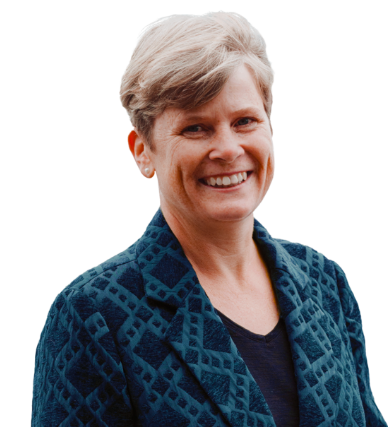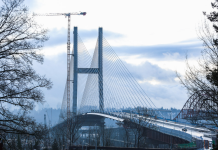More people living with substance-use challenges now have access to treatment and recovery with the opening of the new Northern BC Therapeutic Community in Prince George.
The recovery program has 25 publicly funded treatment and recovery beds and opened on March 13, 2025, following building renovations and program updates.
“People living in B.C.’s northern communities need access to treatment and care as close to home as possible,” said Josie Osborne, Minister of Health. “As we expand services around the province, it is essential that people in remote communities can also connect with the right recovery options. These new beds in Prince George mean that more people will be able to access treatment and recovery services, while removing some of the significant barriers faced by people living in rural and remote communities.”
The Northern BC Therapeutic Community is located 30 kilometres southwest of Prince George on the former Baldy Hughes site. It provides a safe environment for individuals to build community while focusing on recovery from substance-use challenges, and equips participants with the tools needed to sustain long-term success in their post-care journeys.
“When people need support in their recovery journey, every barrier removed helps them get closer to reaching their goals,” said Jonny Morris, CEO, Canadian Mental Health Association of B.C. “The new publicly funded treatment and recovery beds will help people access the supports they need, while staying closer to home – closing the distance and removing the financial costs that could otherwise hold them back. We are grateful to work with the Province of B.C. and Connective Support Society in providing these accessible, life-changing supports.”
The Therapeutic Community is operated by Connective, a community-based social services non-profit organization working throughout B.C. and Yukon to create safe, healthy and inclusive communities. Program stays will last between six and 12 months, with after-care services available for one year after program completion. This new holistic model focuses on rebuilding physical, emotional, mental, and spiritual well-being using personal and social responsibility within the recovery community as a vehicle for growth and development.
“As the toxic-drug crisis continues to cause tremendous harm in our communities, it is critical that we diversify the range of supports available for long-term recovery and stability,” said Mark Miller, CEO, Connective. “We are eager to offer this vital northern resource to those facing substance-use challenges, and to contribute our experience in response to this urgent and under-served need.”
These 25 beds are part of the 180 publicly funded beds announced in January 2024 and surpasses that for a total of 190 beds. Since 2017, the Province has added more than 750 substance-use beds, bringing the total number of publicly funded substance-use beds throughout B.C. to 3,778.
The Province is expanding treatment and recovery options in all regions of B.C. so more people can find the pathway to recovery that works for them. Adding bed-based services is one part of the government’s work to build up the entire continuum of mental-health and substance-use care for people to get the right support for them.
Quotes:
Amna Shah, parliamentary secretary for mental health and addictions –
“The network of full-service support and care for people battling substance use is increasing in B.C. The opening of this therapeutic community removes an obstacle for people in northern communities seeking help and relief from substance-use challenges.”
Debra Toporowski, parliamentary secretary for rural health –
“No matter where people live in B.C., they should have access to treatment and recovery care. The opening of the Northern BC Therapeutic Community means that now people in northern B.C. have expanded access to treatment when they are ready to take the first courageous step in their recovery. These 25 beds represent hope and healing for people struggling with substance-use challenges and provide life-saving care for those seeking support.”




